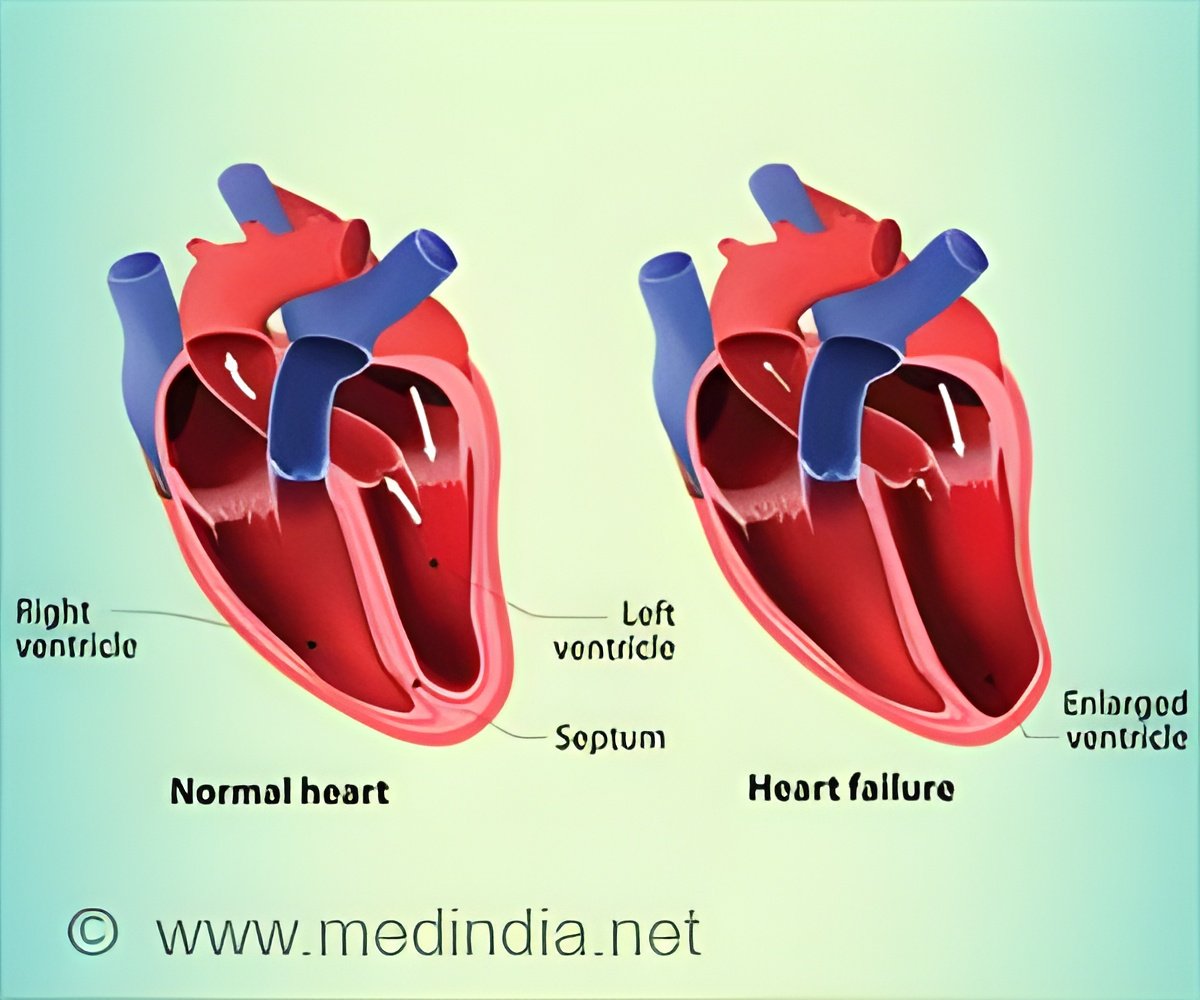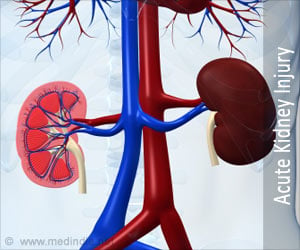Machine learning algorithm predicts sudden death in heart failure patients for the first time,

TOP INSIGHT
Prediction of fatal arrythmias though artificial intelligence alerts heart failure patients to take timely treatment to avoid sudden death.
Read More..
Implantable cardioverter defibrillators (ICDs) or cardiac resynchronisation therapy with a pacemaker and defibrillator (CRT-D) are recommended for some patients to correct potentially lethal arrhythmias and reduce the risk of sudden death. However, these treatments are expensive and do not work in all patients.
Study author Professor Kenichi Nakajima, of Kanazawa University Hospital, Japan, said: "Our model calculated the probability of a sudden arrhythmic event with an area under the curve (AUC) of 0.74, where 1.0 is perfect prediction and 0.5 is a random result. This could be used to identify very low risk patients for whom an ICD or CRT-D is not required, and very high risk patients who should receive a device. Optimising risk evaluation in this way will improve the cost effectiveness of treatment."
The study included 529 heart failure patients with known two-year outcomes for sudden arrhythmic events (including arrhythmic death, sudden cardiac death, and appropriate shock from an ICD) and death due to heart failure.
Machine learning - a type of AI used by the Google search engine and face recognition on smartphones - was used to discover how eight variables used to predict prognosis of heart failure patients were connected and create a formula correlating them to two-year outcomes.
During the two-year follow-up there were 141 events (27%) consisting of 37 sudden arrhythmic events (7%) and 104 deaths due to heart failure (20%). The AUC for predicting all events was 0.87, while for arrhythmic events and heart failure death it was 0.74 and 0.91, respectively.
The imaging parameter was heart-to-mediastinum ratio (HMR) of 123Iodine-metaiodobenzylguanidine (MIBG) uptake. MIBG is a radioisotope analogue of norepinephrine and is used to assess the activity of cardiac sympathetic nerves. Previous studies have shown that HMR predicts cardiac death in patients with heart failure. The measure is obtained by injecting MIBG into a vein, then using imaging to assess uptake in the heart and upper mediastinum (centre of the thoracic cavity).
Professor Nakajima noted that while MIBG imaging is approved in the US and Japan for clinical practice, and in Europe for clinical research, it is less commonly used outside Japan due to its cost. A typical MIBG tracer costs €350 in Japan compared to €1,900-3,400 in the US.3 He said: "While the costs of the scan may be high, it would be value for money if unnecessary device implantations were avoided."
Source-Eurekalert
 MEDINDIA
MEDINDIA

 Email
Email










